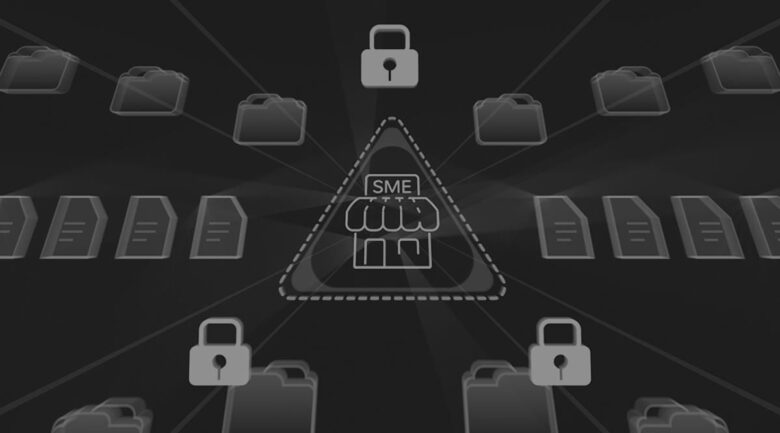In the next decade, artificial intelligence will not just disrupt industries—it will democratize innovation. For small businesses in America, AI-driven SaaS platforms are emerging as the great equalizer, dismantling barriers to entry and unlocking access to tools once reserved for corporate giants. This seismic shift is not just about technology; it’s about redefining the rules of competition in a digital-first economy.
The AI SaaS Revolution: From Niche to Necessity
By 2025, 50% of SaaS companies are projected to integrate AI into their platforms, a trend that has accelerated from speculative potential to strategic imperative. For small businesses, this means affordable, scalable solutions for automation, predictive analytics, and customer engagement. The AI-as-a-Service (AIaaS) market is forecasted to grow at a 37.1% compound annual growth rate, reaching $5.6 billion by 2030—a testament to the urgency with which businesses are adopting these tools.
Consider the numbers: 84% of U.S. organizations now rely on low-code/no-code SaaS solutions, many of which embed AI to automate workflows. Small businesses, in particular, are leveraging these platforms to compete with larger firms. For instance, Klaviyo (valued at $9.2 billion) has become a lifeline for 169,000+ small businesses, offering AI-driven marketing automation that boosts customer retention by 33% year-over-year. Similarly, NinjaOne ($5 billion valuation) empowers small IT teams to manage endpoint security at enterprise-grade levels, slashing costs for compliance and patch management.
Case Studies: AI SaaS Startups Redefining Small Business Potential
The rise of micro SaaS startups—companies with niche, high-margin solutions—is a hidden gem in this ecosystem. These firms are not just surviving; they’re thriving by addressing specific pain points with AI-native tools.
- Anysphere (Cursor): This $9.9 billion company’s AI-powered code editor is a game-changer for small development teams. By enabling natural language code generation and agent-based automation, Cursor has doubled its ARR to $500 million in just two months. Small tech startups can now build complex software at a fraction of the cost.
- ElevenLabs: At $3.3 billion, this AI voice synthesis platform is democratizing content creation. Small businesses use its tools to generate multilingual audio for marketing campaigns, reducing production costs by 70% compared to traditional methods.
- Workato: With 17,000+ customers, this $5.7 billion platform automates workflows across 1,200+ apps. For small businesses, it means eliminating manual data entry and integrating disparate systems without needing in-house developers.
These startups are not outliers. They represent a broader trend: AI is turning SaaS from a cost center into a growth engine.
The Investment Thesis: Where to Play in the AI SaaS Boom
For investors, the AI SaaS sector offers multiple entry points. The U.S. SaaS market is projected to hit $225 billion by 2025, with AI-driven tools accounting for a growing share. Here’s how to position for success:
- High-Growth SaaS Startups: Early-stage AI SaaS companies targeting vertical-specific problems (e.g., legal tech with Harvey or cybersecurity with NinjaOne) are prime candidates. Look for startups with sticky, high-margin solutions and clear unit economics.
- Established SaaS Firms with AI Roadmaps: Companies like Amplitude ($4 billion) or Cribl.io ($3.5 billion) are integrating AI into their core offerings, driving revenue growth and customer retention. These firms offer lower risk but still significant upside as AI adoption scales.
- Infrastructure Providers: The demand for AI-powered data processing and observability (e.g., Cribl.io) is surging. These companies enable other SaaS platforms to deliver AI-driven insights, creating a flywheel effect.
Risks and Realities: A Balanced Perspective
While the AI SaaS boom is undeniable, investors must remain vigilant. Overhyped valuations and underutilized licenses (small businesses often use only 47% of their SaaS tools) highlight the need for disciplined capital allocation. Additionally, regulatory scrutiny of AI (e.g., data privacy laws) could slow adoption in certain sectors. However, these risks are manageable—especially for startups prioritizing responsible AI and transparency.
The Path Forward: Why AI SaaS is a Must-Own Asset Class
For small businesses, AI-driven SaaS is no longer a luxury—it’s a necessity. For investors, it’s a $5.6 billion opportunity by 2030. The winners will be the companies that combine AI’s transformative power with SaaS’s scalability, creating tools that are both accessible and indispensable.
In this new era, the question isn’t whether AI will reshape small business America—it’s how quickly you’ll invest in the platforms driving that transformation.




